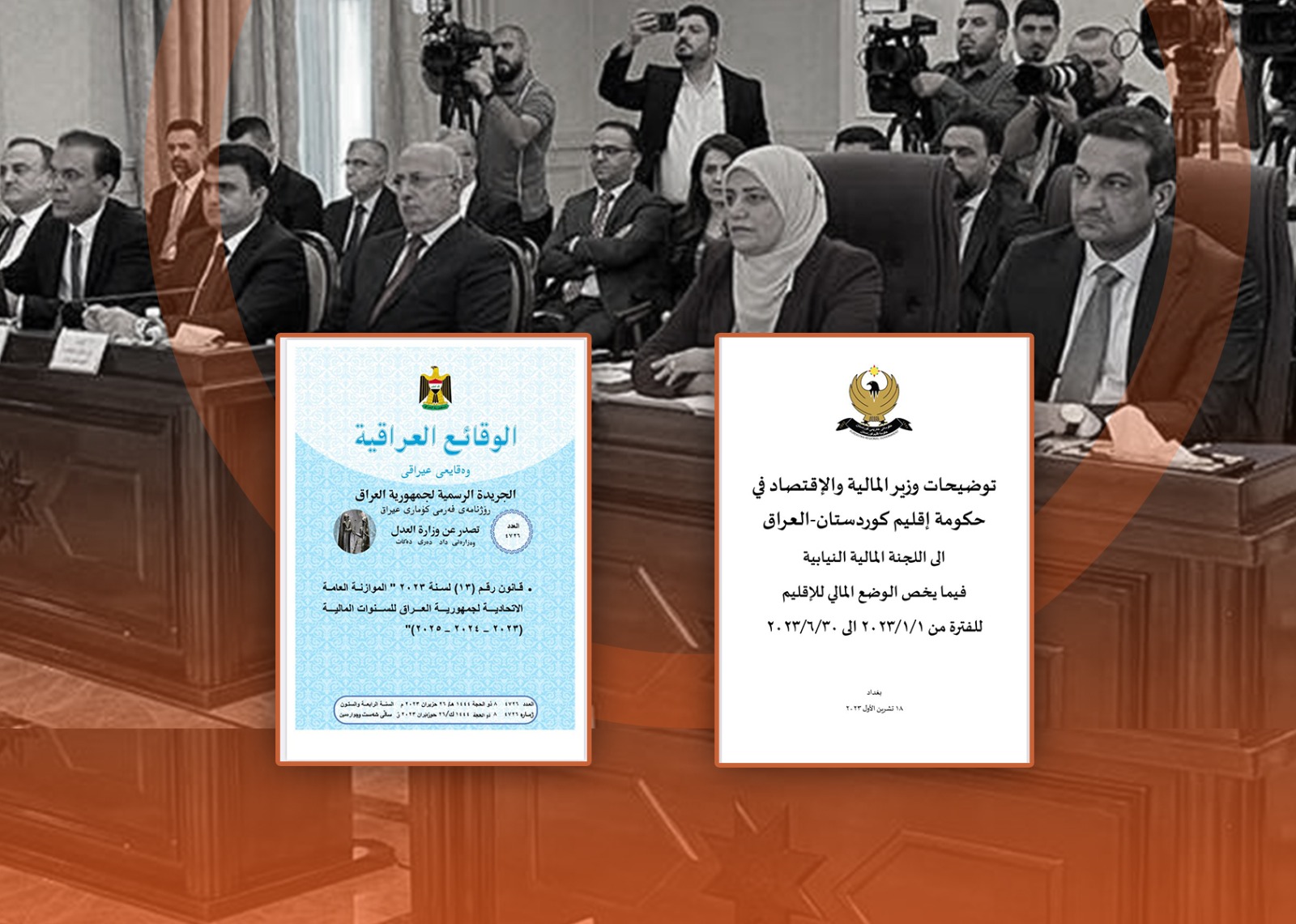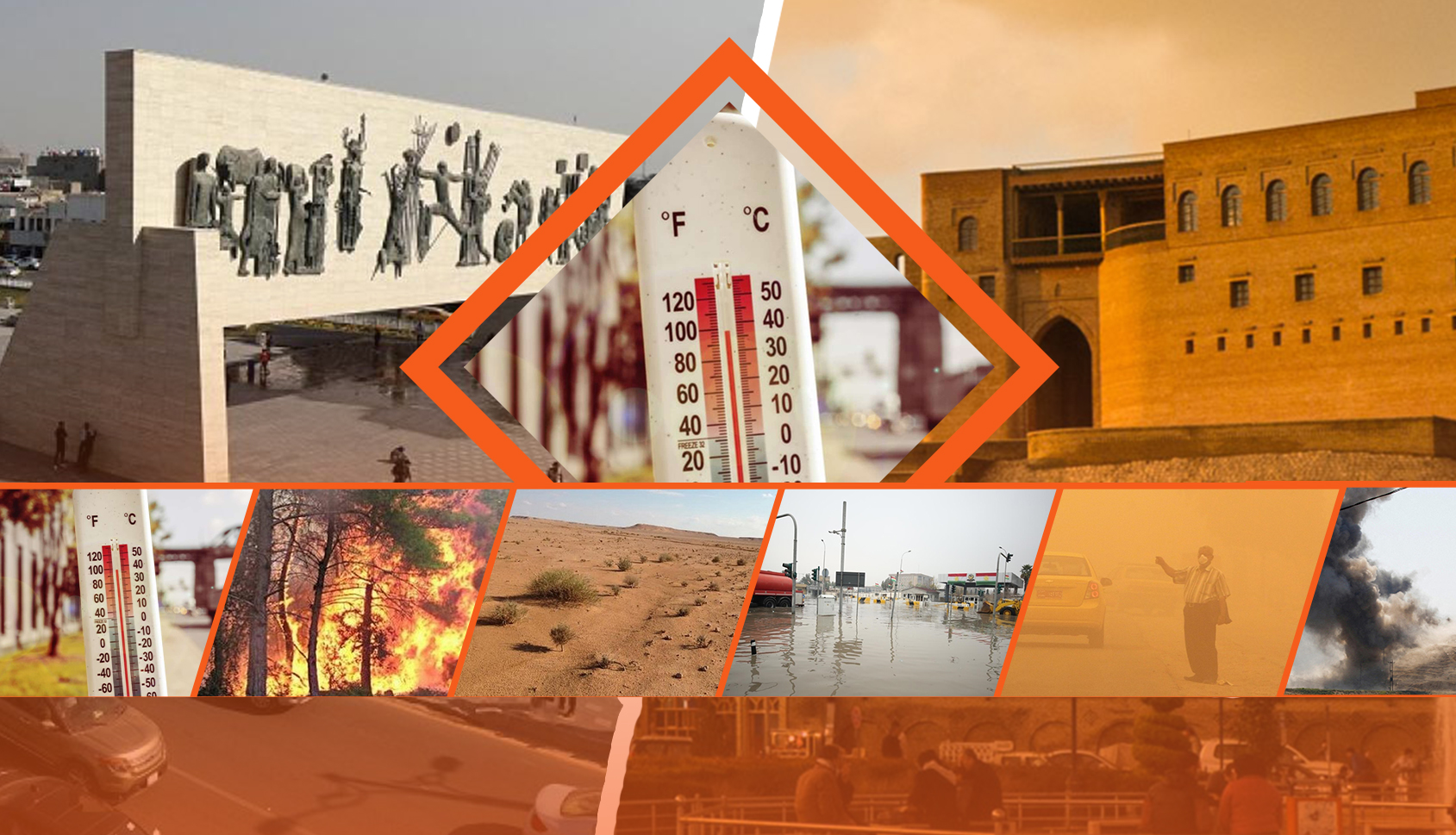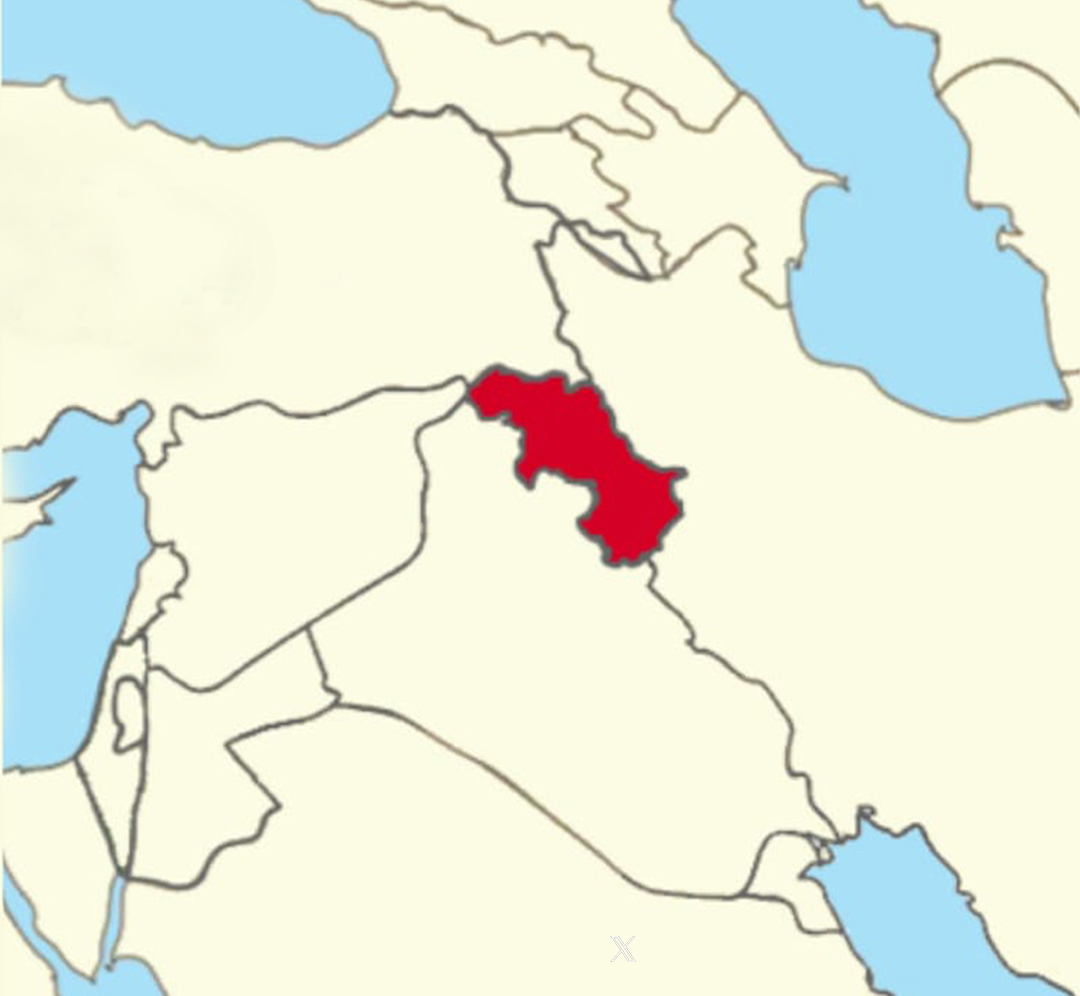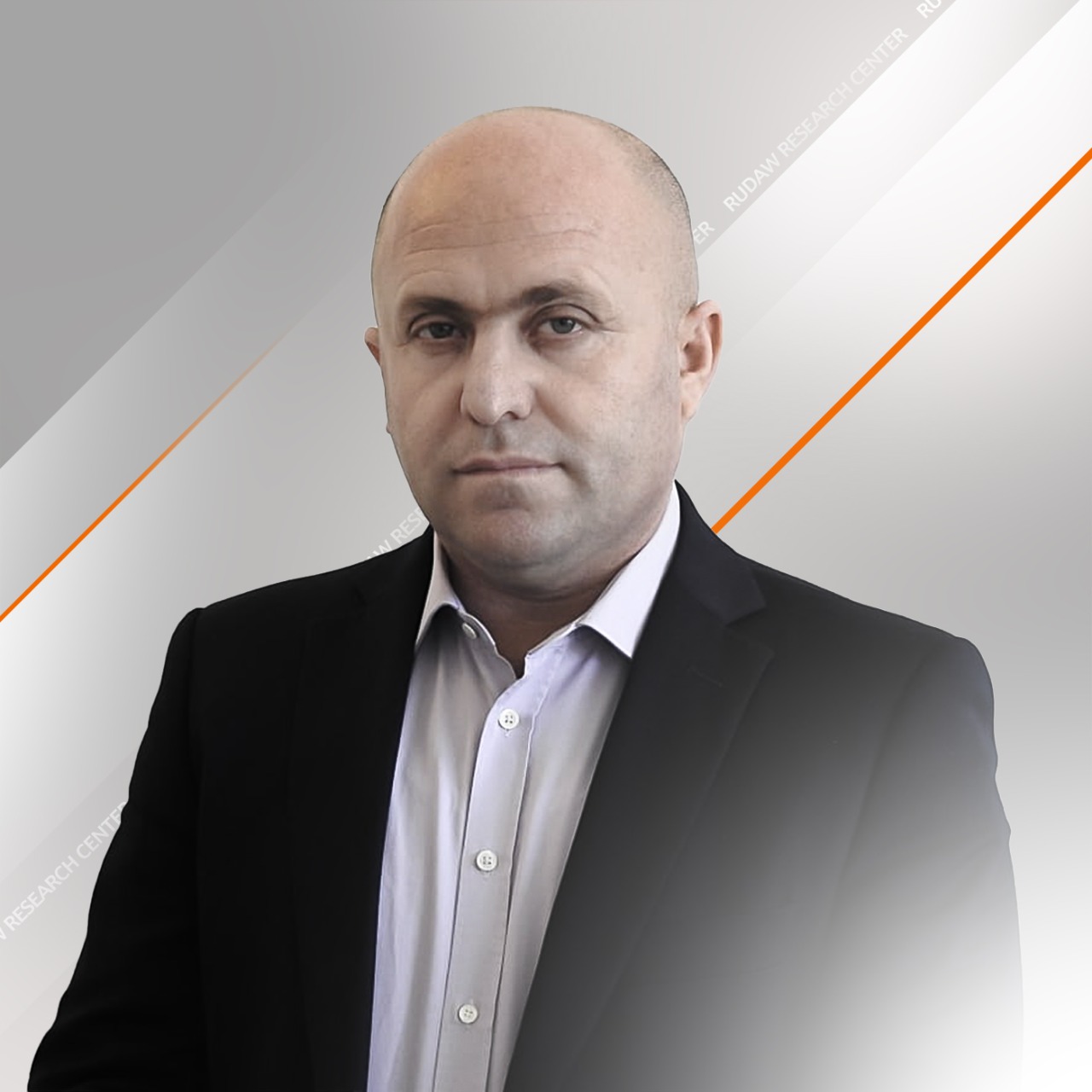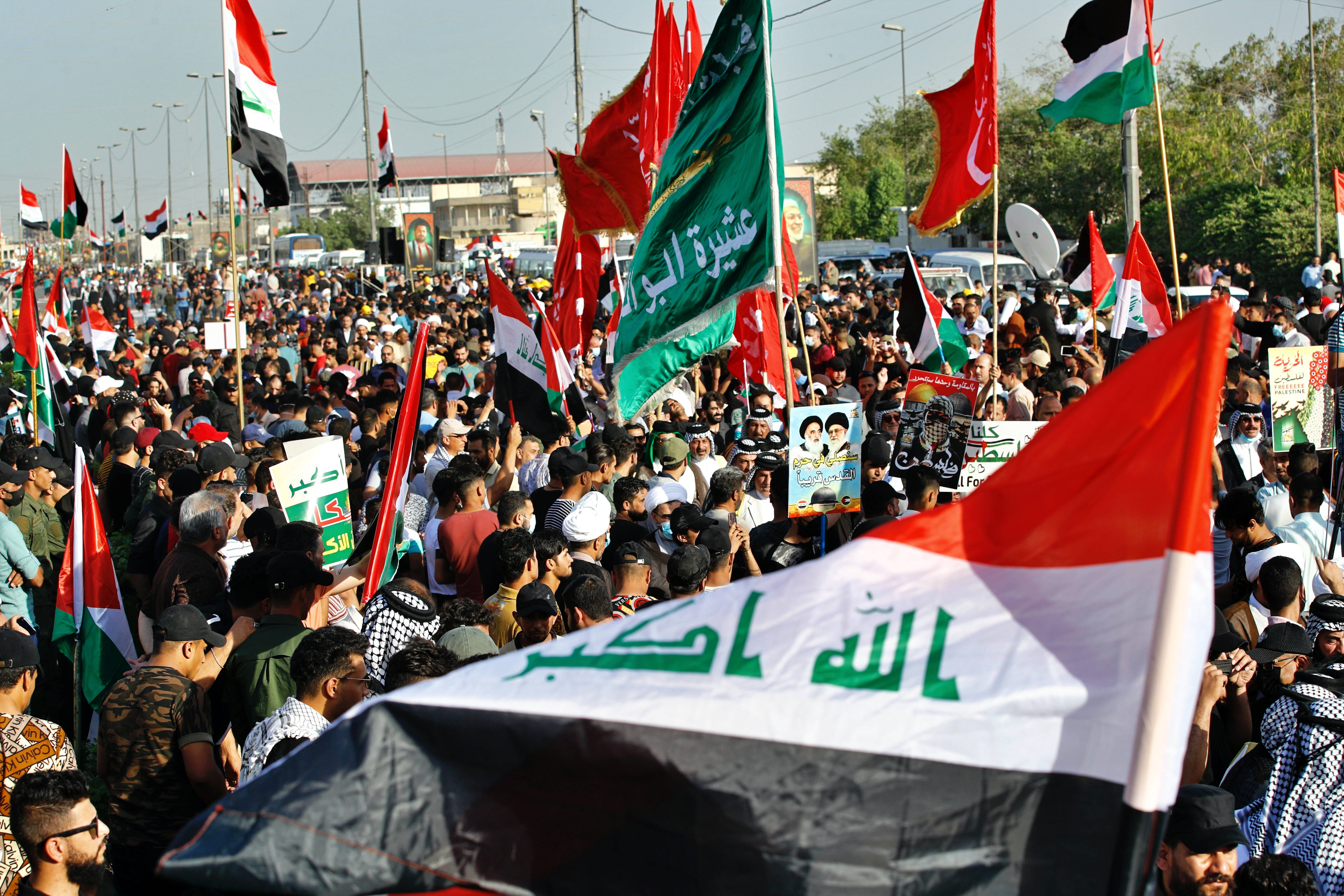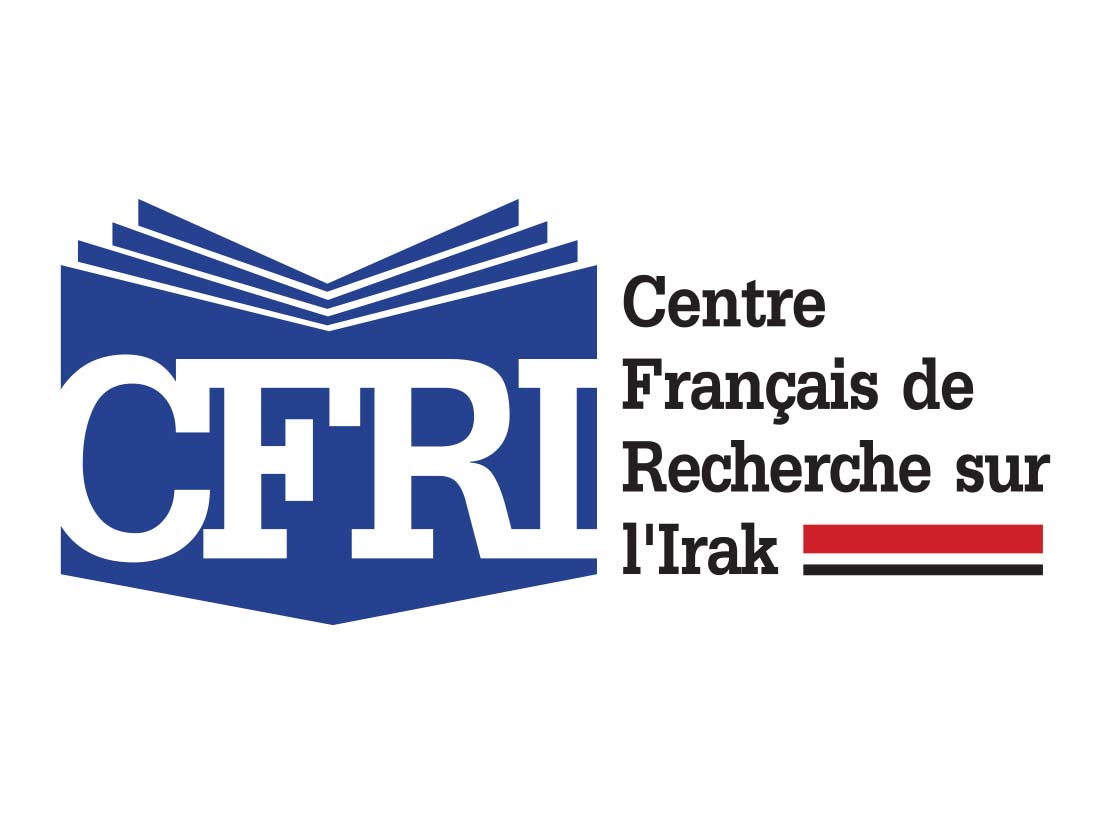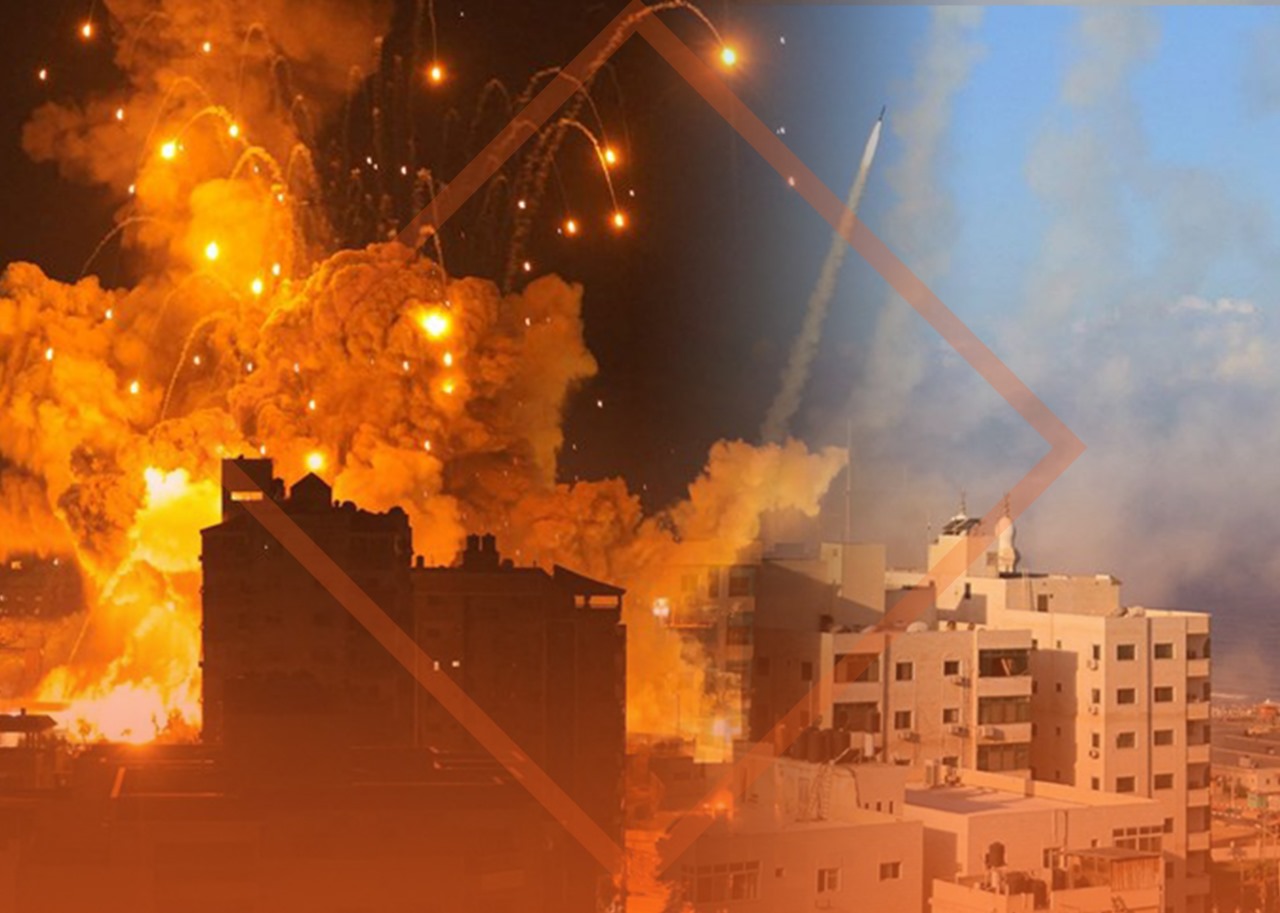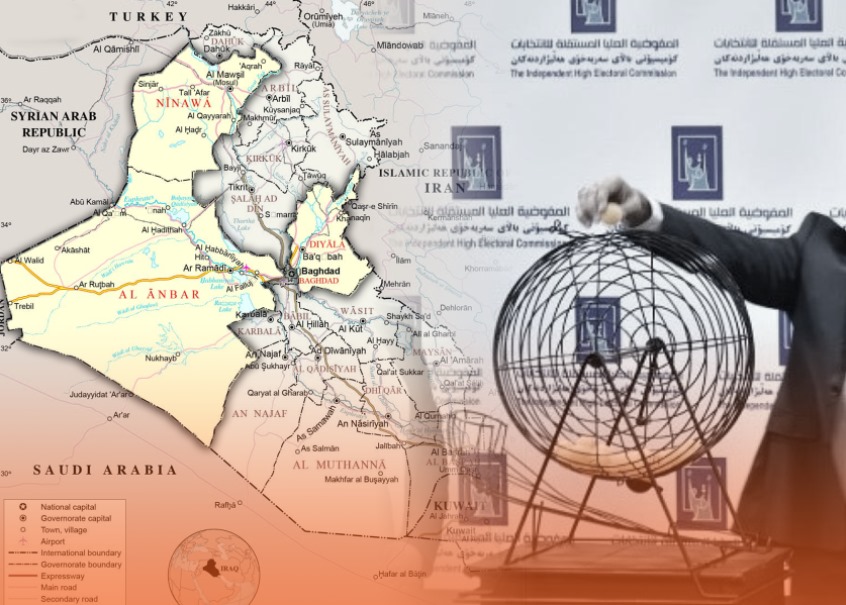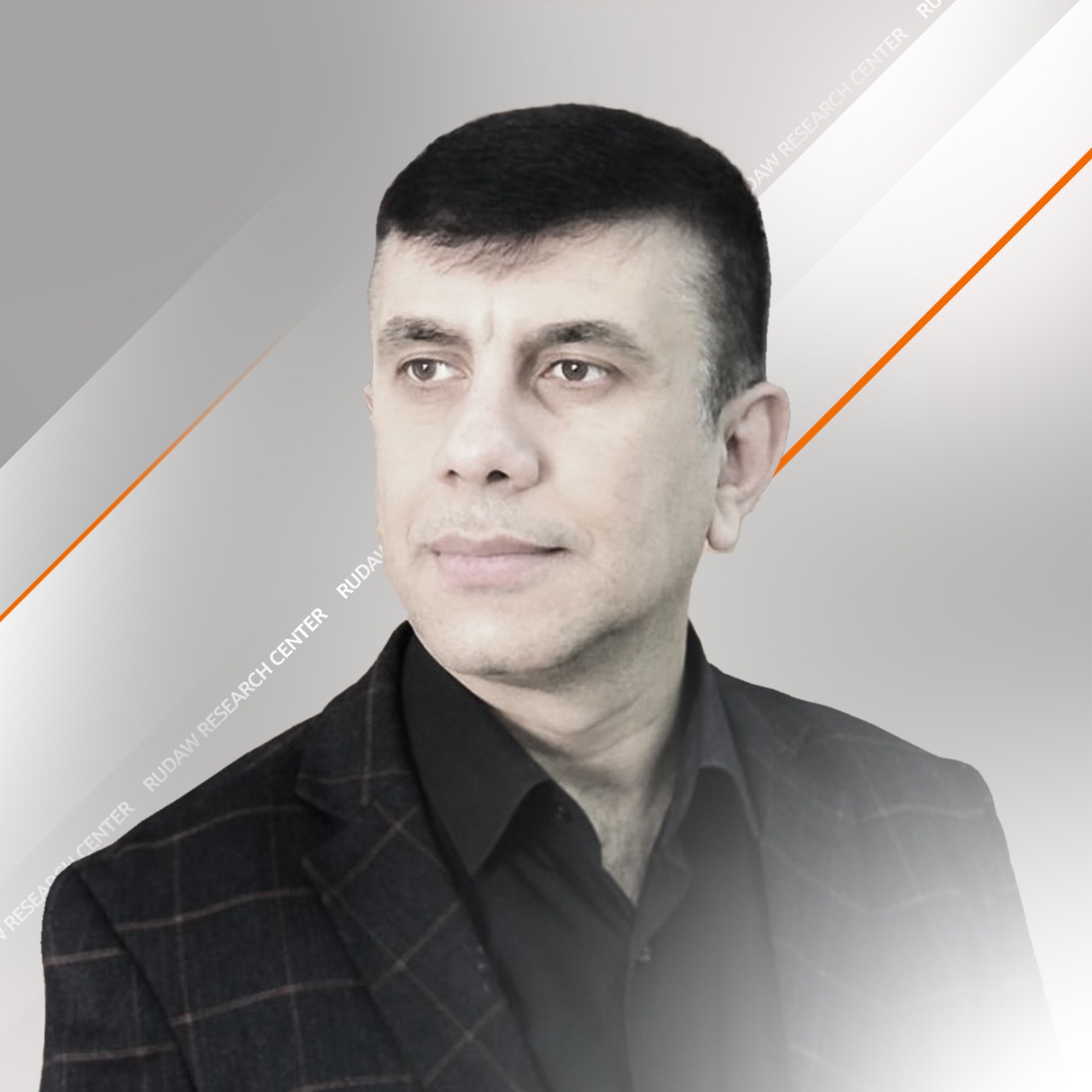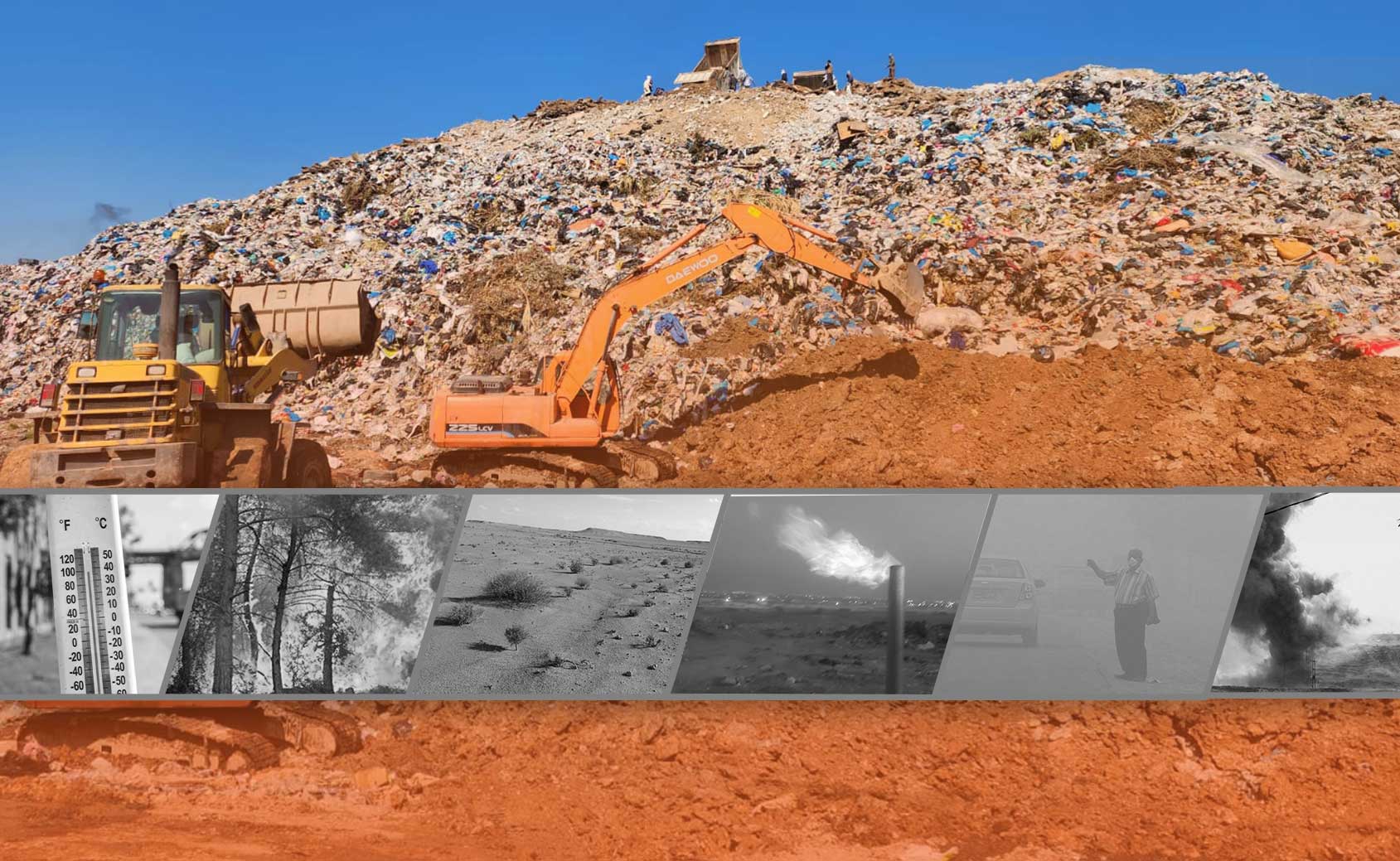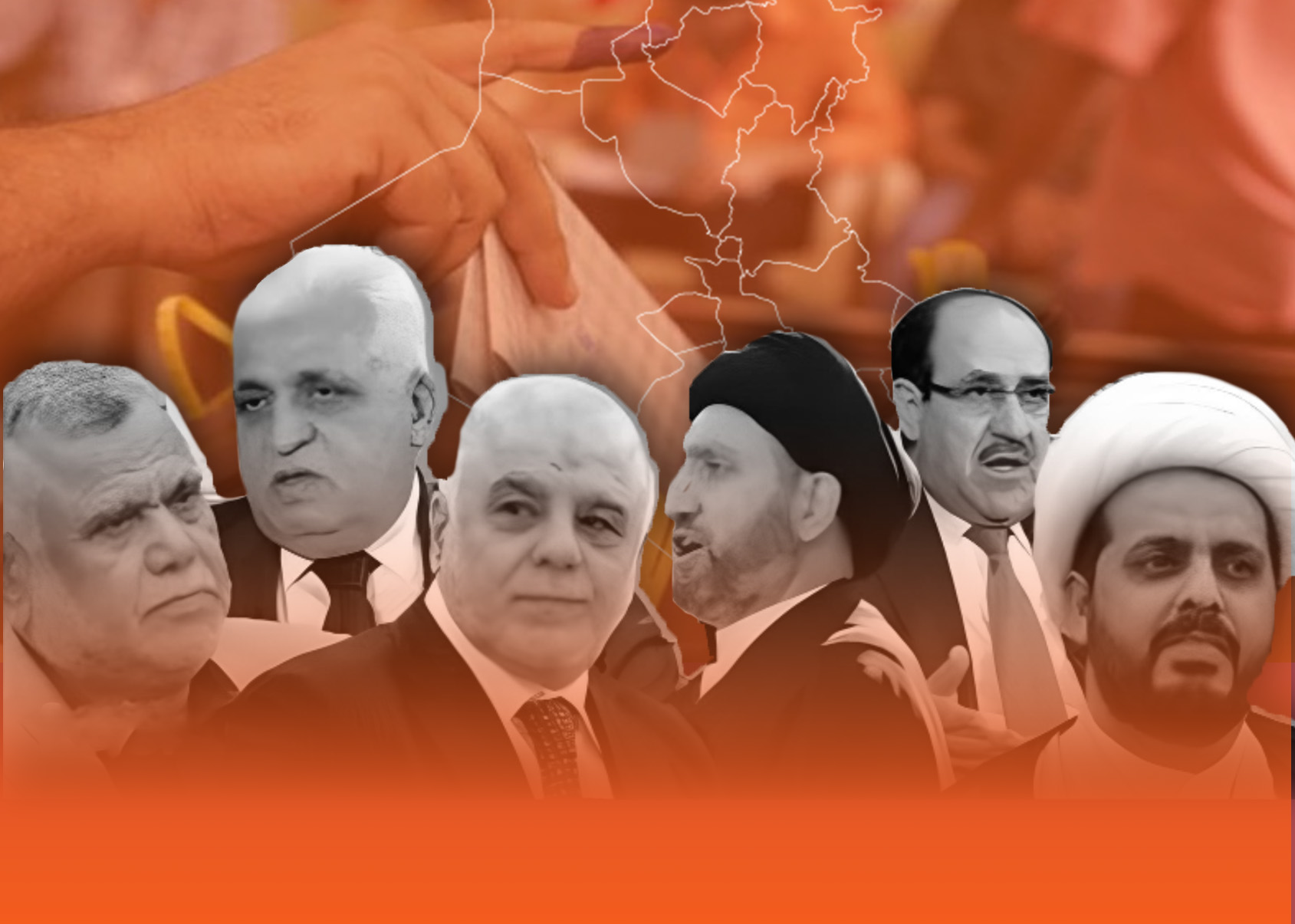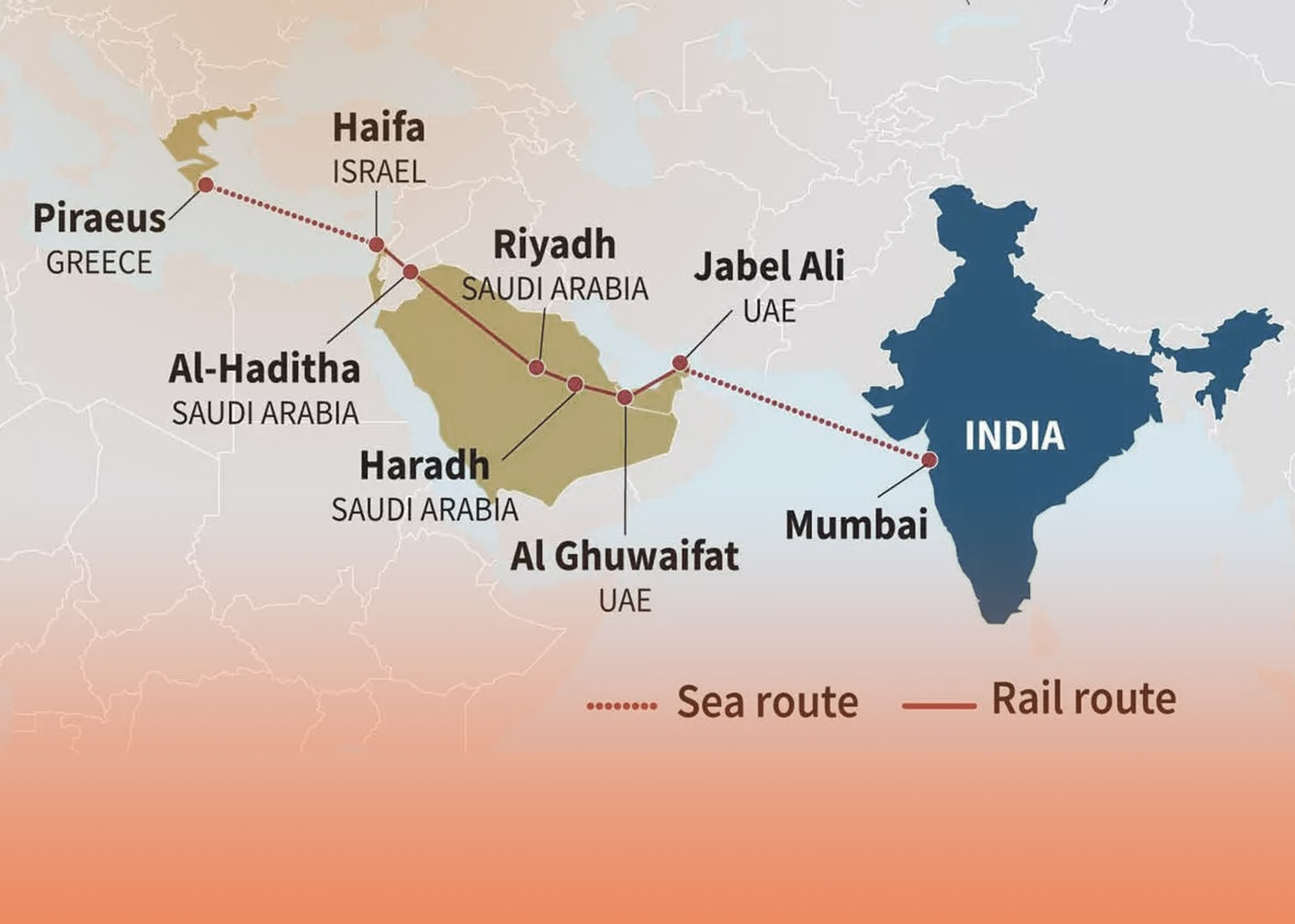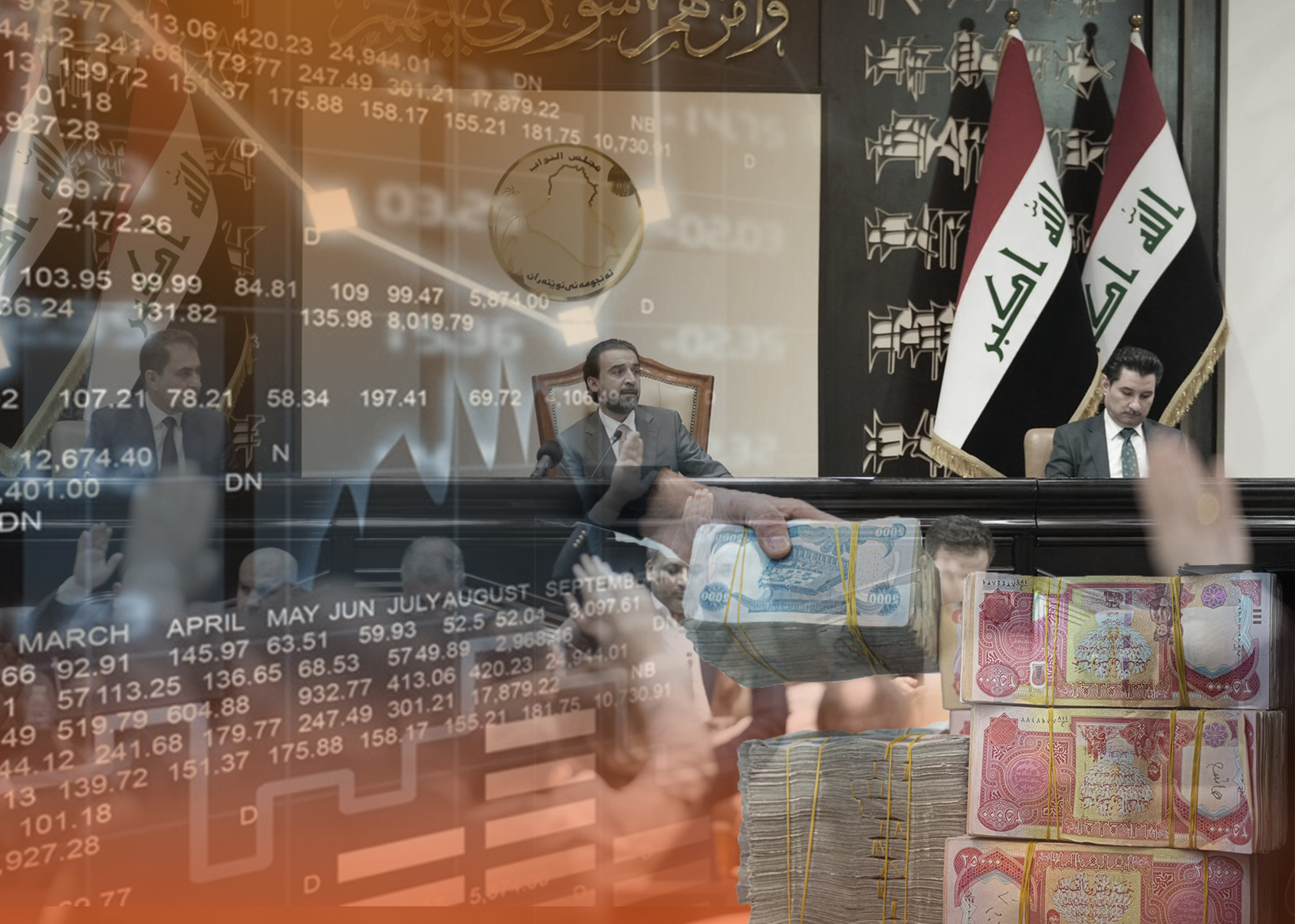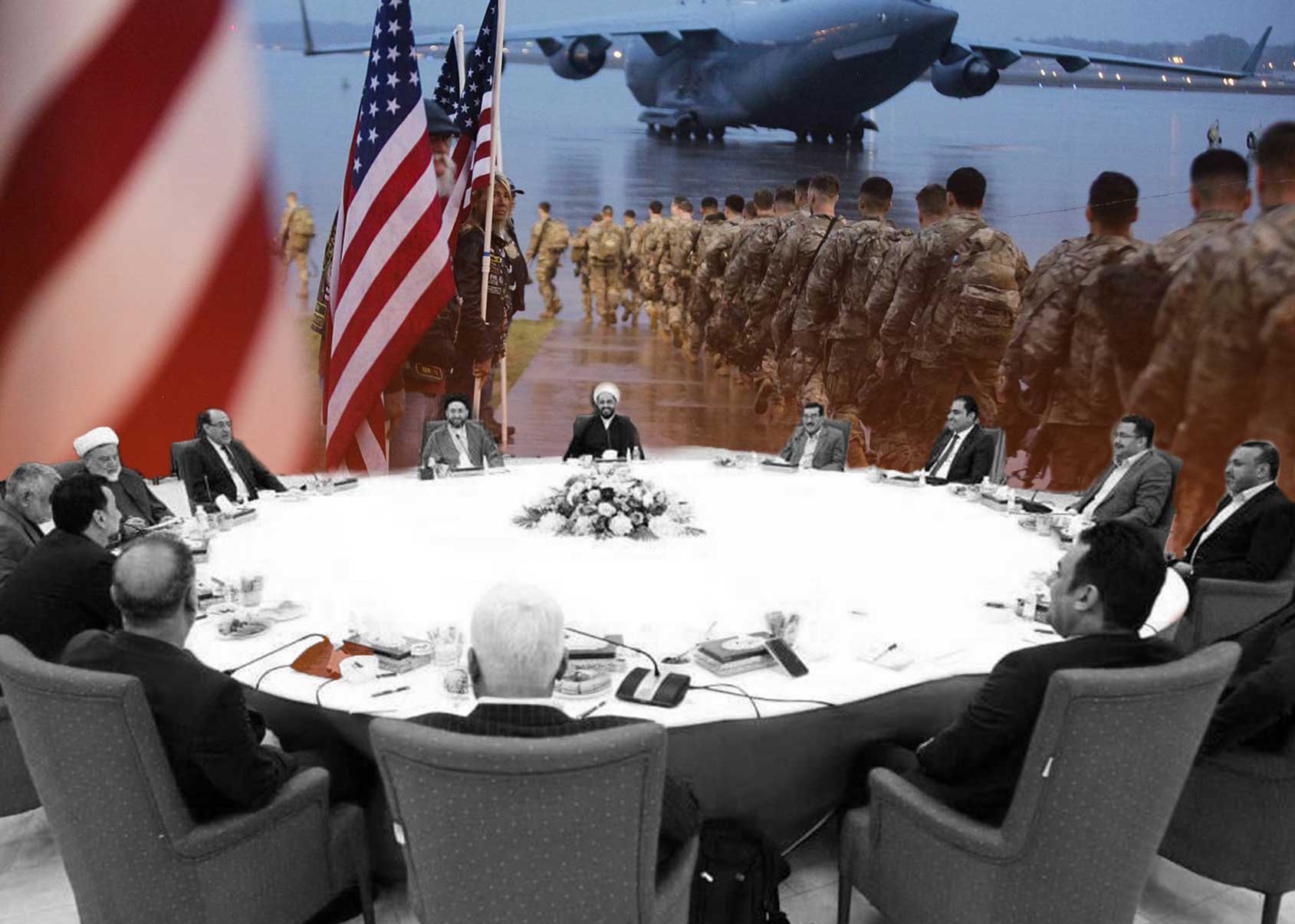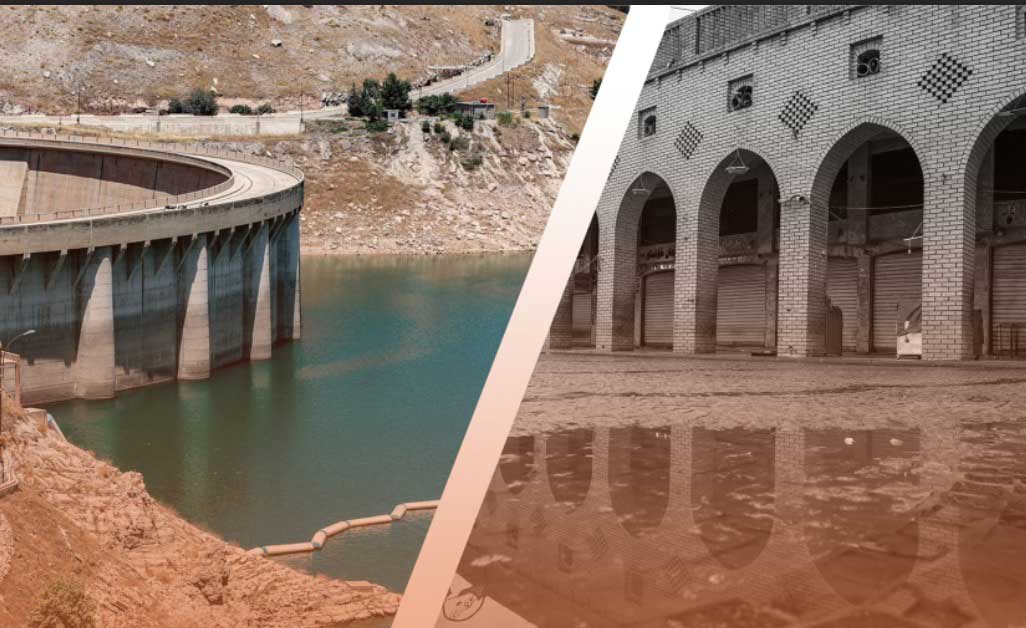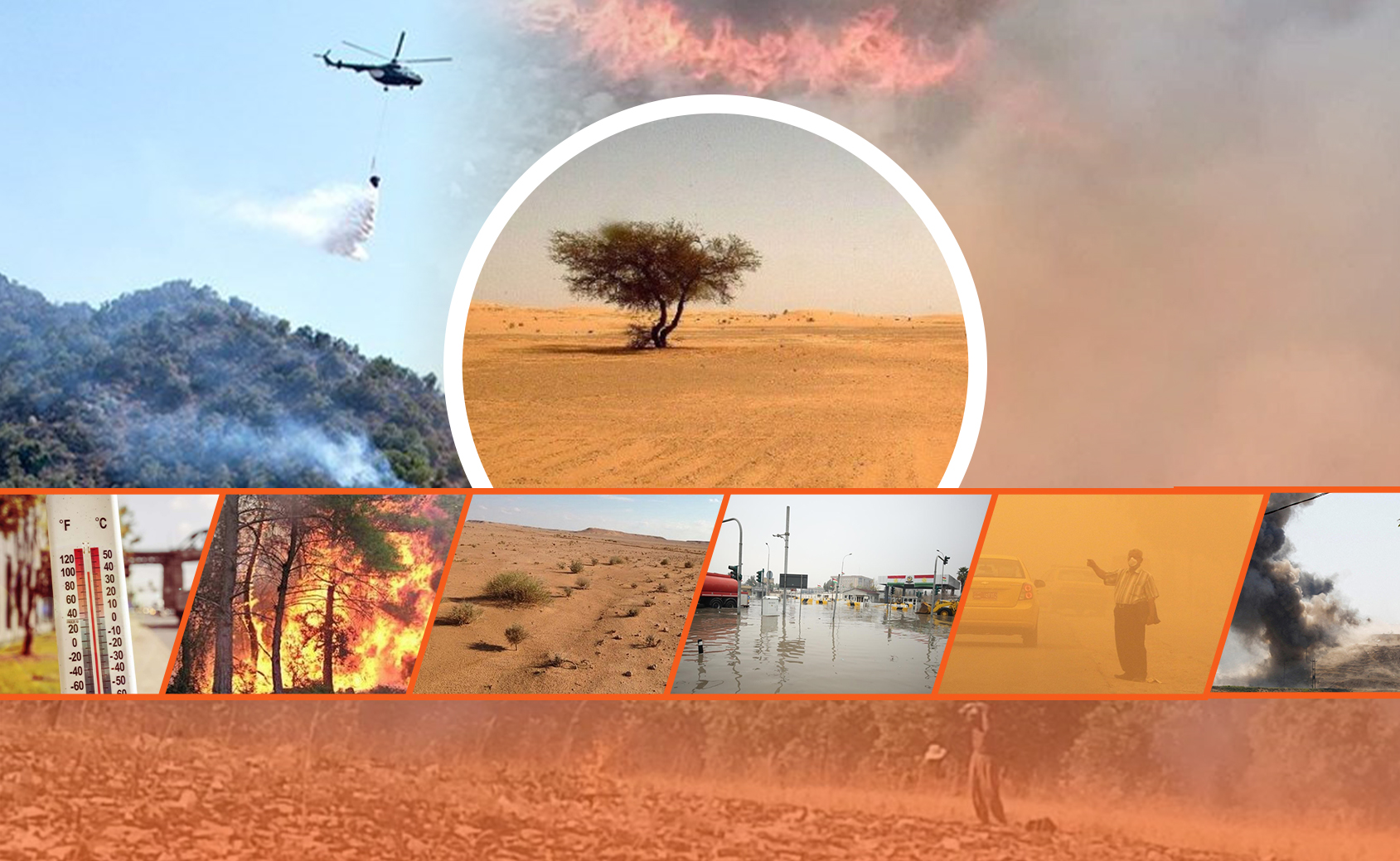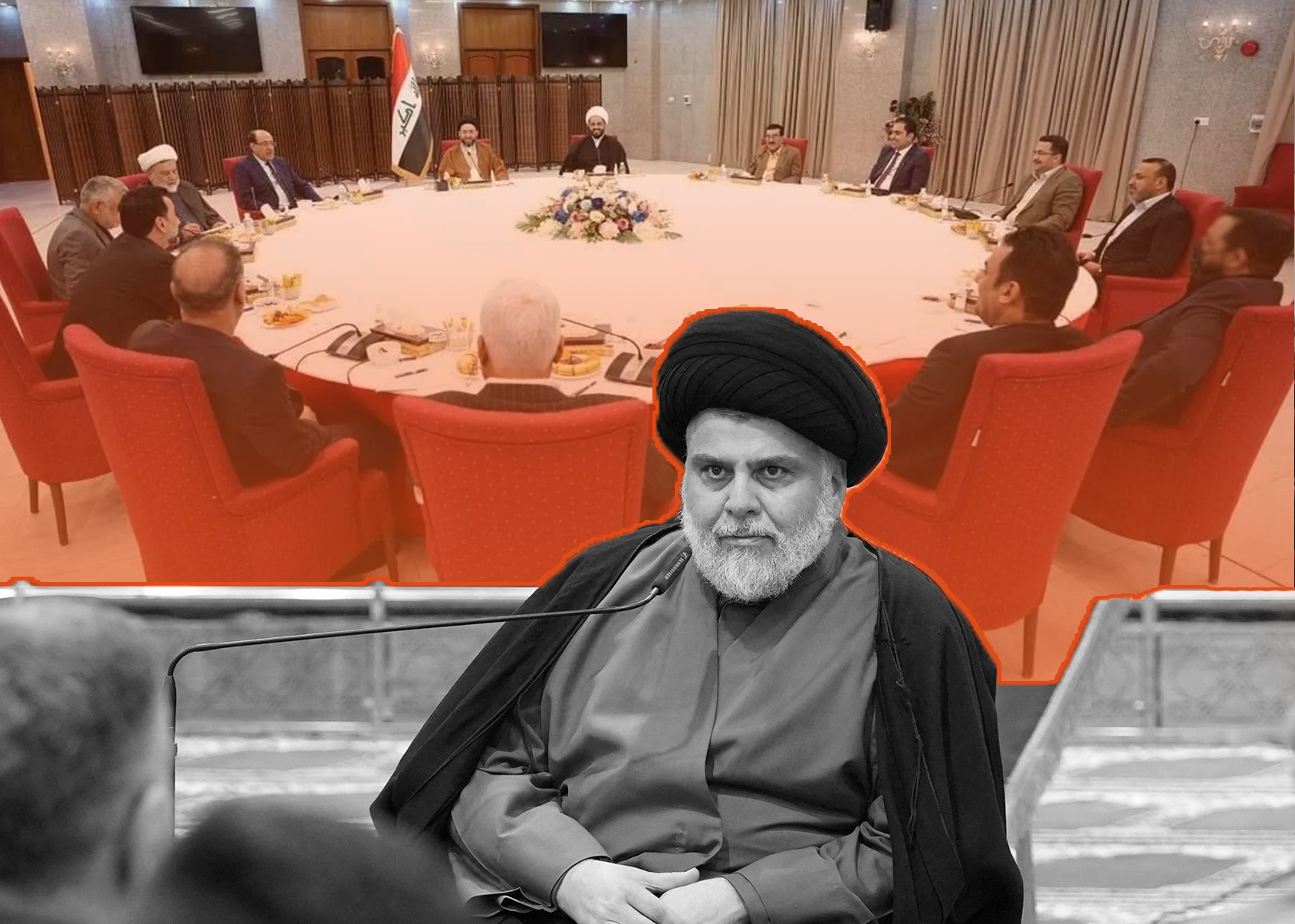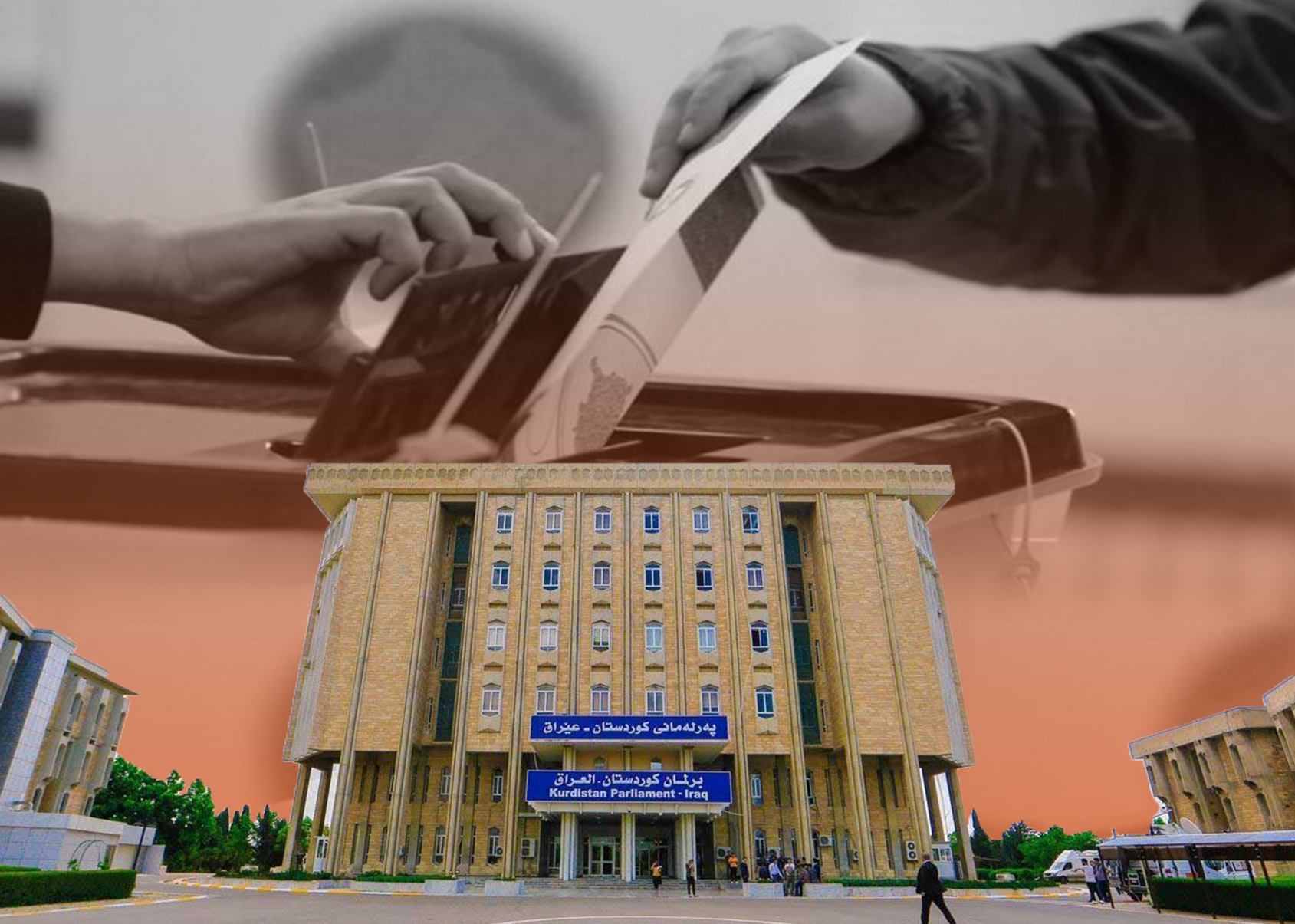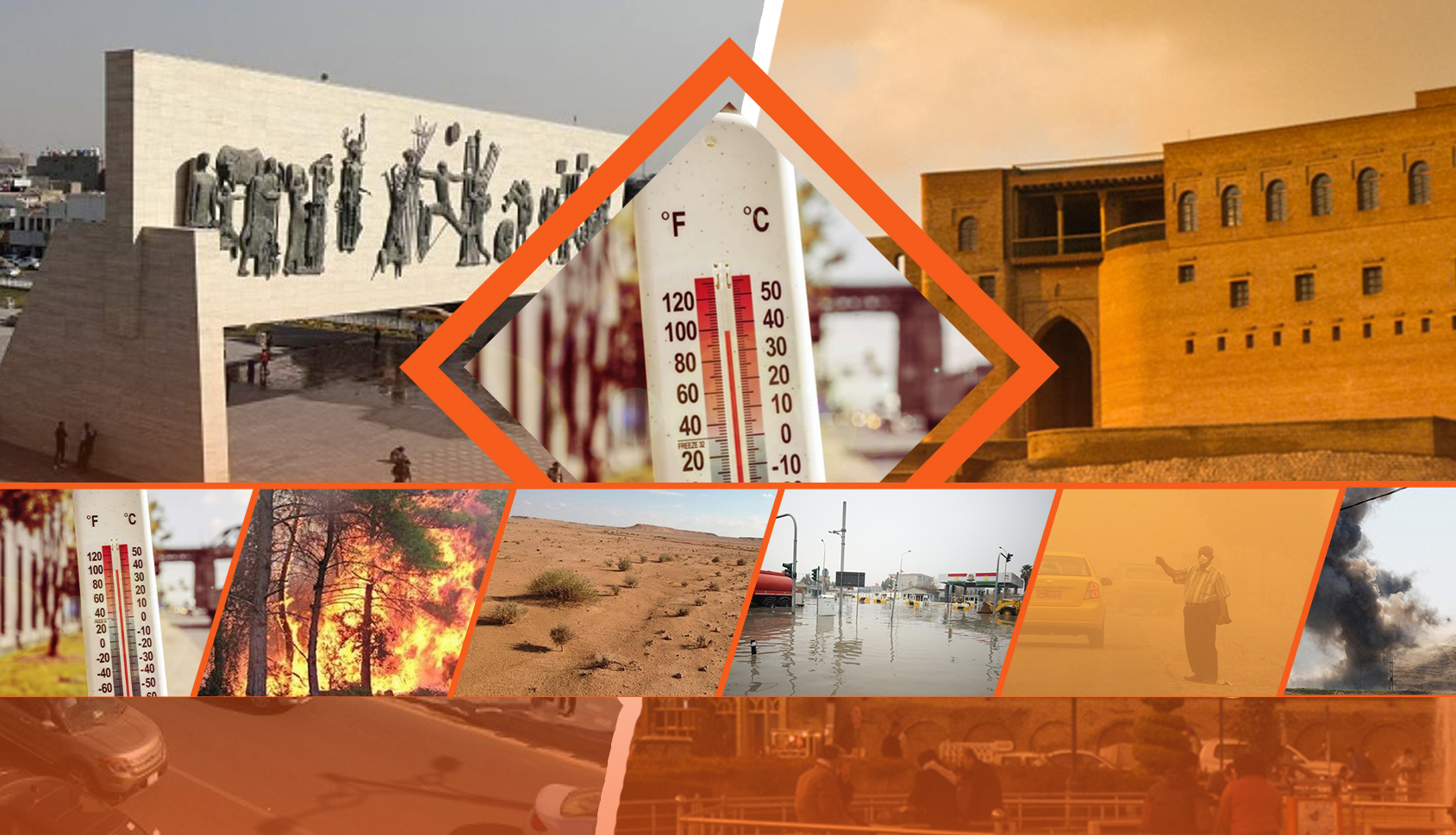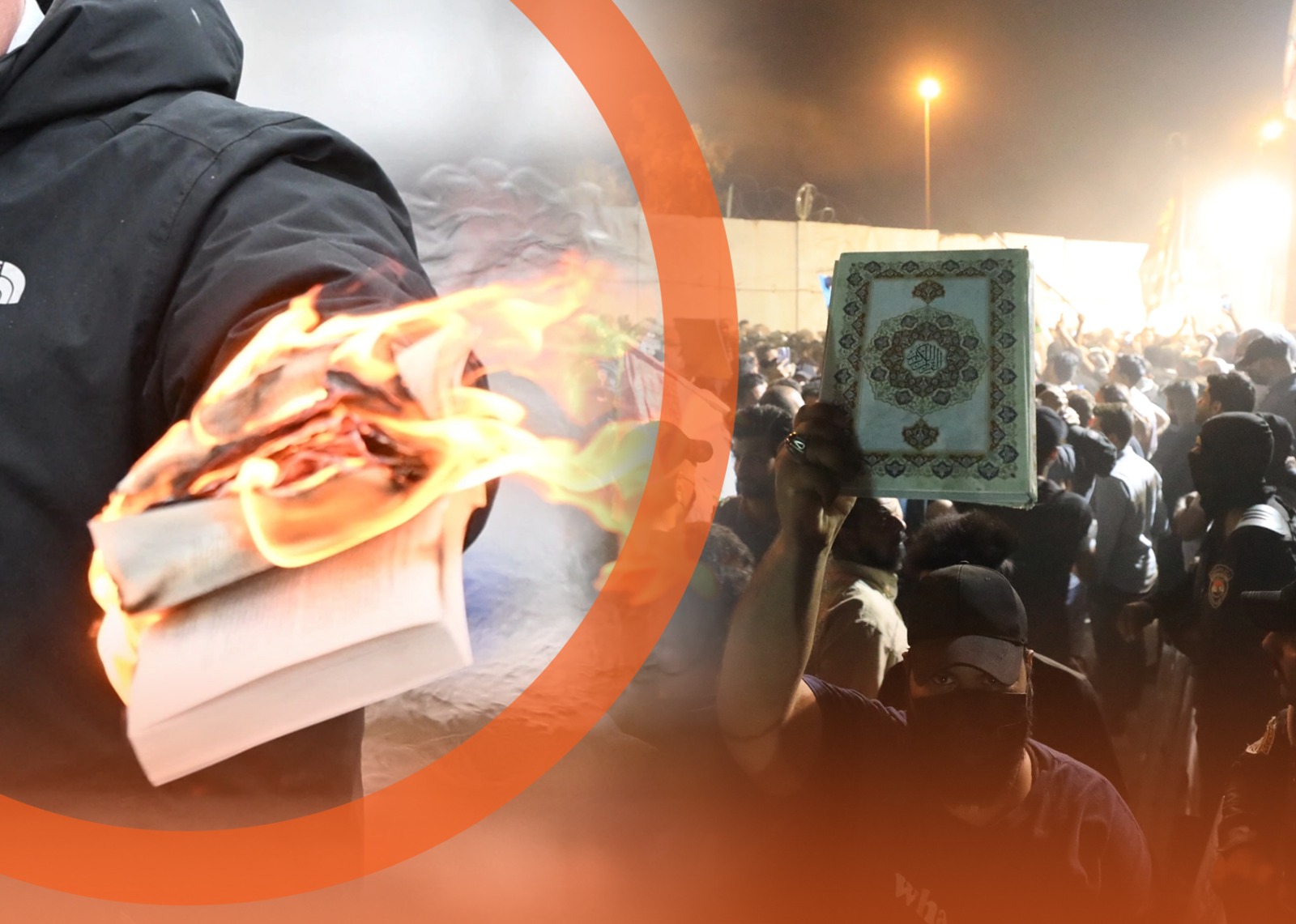As per the central bank's data, the gap between the market and central bank exchange rates has traditionally fallen within the range of 10 to 50 dinars per dollar. However, since the start of this year, this difference has significantly widened, often exceeding 100 dinars and occasionally reaching as high as 300 dinars. These disparities starkly contrast with standard “ financial and banking regulations”, which typically consider a range of 1 to 5 thousand Iraqi dinars or 1% to 3% as normal.
An Analysis of Disparities in Revenues and Expenditures of the Kurdistan Region between Erbil and Baghdad

Another pivotal aspect of these negotiations pertains to the complex issue of oil compensation, how to remunerate companies for each barrel of oil produced. In the 2023 budget, the Kurdistan Region has committed to delivering 400,000 barrels of oil daily to SOMO. However, the method of covering the production and transportation costs remains ambiguous.
The growth of industries in Iraq is substantial. The oil sector alone daily consumes 388 million liters, with certain fields sourcing water from the Euphrates River. The cement sector's annual water consumption, largely from rivers and wells, reaches 10.2 billion liters. Steam electricity production uses 114 million liters, and the steel and iron industries require 2.8 billion liters of water annually.
The Israeli-Hamas conflict has the potential to be a transformative moment in the Kurdistan Region's global political positioning, which had experienced a period of marginalization in the aftermath of ISIS. Primarily, the unforeseen offensive by Hamas underscores the geopolitical significance of Iran's sustained pressure on the Kurdistan Region concerning the eastern opposition groups over the past year. This pressure, in the current context, acquires enhanced political relevance.
Most of Iraq’s leading political and religious figures have reacted to the Hamas-led “Al-Aqsa Flood” attack on Israel, affirming their support for the Palestinians, yet without making any concrete commitment to help the people of Gaza.
Amidst the uncertainties of the Hamas-Israel war, it is evident that the less powerful entities possess the potential to bolster their positions, highlighting that sheer strength alone is insufficient for safeguarding a state or a faction. Central to this transformation is the rapid proliferation of advanced warfare technology, empowering both state and non-state actors to engage in strategic maneuvers.
In the upcoming provincial council elections, a significant development unfolds as the formidable Al-Hassm al-Watani coalition ( National Coalition), one of Iraq's largest political fronts, enters the competition in Sunni provinces, contending against three other major fronts. Notably, the leading contender is Speaker Mohammed Al-Halbousi's list, known as "Taqaddum."
Presently, the combined daily production from 13 gas and oil fields, including the Khor Mor oil and gas field, which produces both condensate and gas, stands at an impressive average of 220,000 barrels. These resources are exported to domestic refineries and cater to the domestic market's demand.
In accordance with a comprehensive report conducted by the Japan International Cooperation Agency, specifically the Yachiyo Engineering Company, pertaining to waste data analysis in Iraq, with a particular emphasis on both the capital cities and the Basra province, as of 2022, it has been clarified that each individual in Iraq generates an approximate daily waste output of 1.36 kilograms. This figure significantly surpasses the global average waste generation per capita, which stands at 0.74 kilograms. Consequently, the cumulative daily waste collection in Iraq amounts to an alarming 20,000 tons, while the Kurdistan Region contributes an additional 6,900 tons to this considerable waste burden.
Intriguingly, a significant number of lists and coalitions, both within and outside the Shiite spectrum, have surfaced as entirely new and unfamiliar entities for this election. This strategic move is aimed at enticing voters and avoiding any lingering consequences from past mistakes. Notably, these Shiite affiliated groups which account for approximately 11 factions, have adopted a dual approach, entering some provinces with a unified list while fielding separate lists in others. Furthermore, they have outlined their intention to initiate a post-election coalition, adding an intriguing twist to the electoral dynamics.
Climate Change in the Kurdistan Region and Iraq; Carbon Dioxide Emission and Air Quality

In 2021, Iraq's carbon dioxide emissions surged to a staggering 177.8 million tons, marking an alarming increase of nearly sevenfold compared to a mere 27.1 million tons emitted over the previous five decades.
The unveiling of the Spice Route potentially poses a significant setback to Sudani's ambitious vision of bridging Asia and Europe through a development road project. Indeed, global infrastructure endeavors carry both economic and political significance, and this could explain why Iraq finds itself excluded from the recent initiative aimed at linking Asia and Europe, as unveiled during the latest G20 meeting.
For instance, a substantial gap of 1 trillion 258 billion dinars is evident in the total expenditures alone. This discrepancy has been identified by multiple entities, including the Ministry of Finance, the Parliamentary Finance Committee, the Iraqi High Economic Council, and 327 Members of Parliament (pp. 60-63). What adds an intriguing dimension to this issue is the variance in expenditures for Anbar province, a matter that should have garnered the attention of the speaker and Sunni members within the finance committee. While the allocated budget for Anbar province was originally set at 466 billion dinars, the actual sum tallies up to just 436 billion dinars. Thus, this stark contrast amounts to a substantial 30 billion dinars in the collection of the allocated budget for this province!
Alina L. Romanowski, the US Ambassador to Iraq, has asserted that the repositioning of US troops within Iraq constitutes a routine rotational measure, unrelated to the internal dynamics of the country. Romanowski the powerful American woman in Iraq emphasized Washington's dedication to cultivating collaborative ties with Baghdad. In a contrasting perspective, Hashd commander Waad Qaddo, who leads the 30th Brigade, he unveiled that officials in Washington have communicated a clear message to the Iraqi military delegation: their intention to assume control over the Iraqi-Syrian border. As part of this endeavor, they are strategically substituting 2,500 troops with Ohio National guard fighters, In accordance with this, the movement is planned and directed elsewhere.
Navigating Water Scarcity in the Kurdistan Region: Challenges, Causes, and Crucial Solutions

The KRI's water crisis is a result of a combination of challenges that demand attention and innovative strategies for resolution. This article explores five crucial factors that play a role in the crisis and possible routes to tackle these challenges.
Climate Change in the Kurdistan Region and Iraq; Deforestation, Fires and Burning of Trees

According to GFW, Iraq will lose 137 hectares[1] of wooded land between 2000 and 2022, 22 hectares due to fire alone and the remaining 115 hectares due to various reasons. The year with the highest loss of trees and green space was in 2003 when 7 hectares of wooded land were destroyed by fire.
Considering the late elections, which cover only 15 central and southern governorates, as one of the most important stages both for drawing a map of the political streets in Iraq and for bridging the gap created by the dissolution of local councils after the 2019 demonstrations, legal deadlines and accusations of corruption. . After the formation of the coordination framework government, the elections will be a popular referendum on the position of the current Shiite front alone in power. Within this front, the weight and size of the two opposing poles are pitted against each other
The development and exploration of the Durra gas field was delayed each time due to a problem, but this time Saudi and Kuwaiti officials said that the matter is serious, although Iran announced its seriousness in owning the field and starting work in its name. However, the success of the strategy is any party and how to determine and how to develop the gas field and the prospects for Saudi-Iranian relations in the meantime will have an impact.
Undoubtedly, The ongoing discussions among the political parties in the Kurdistan Region in the context of the efforts towards reconciliation, particularly concerning the Kurdistan parliamentary elections, is a multifaceted matter.
A Series of Assessments on Climate Change in the Kurdistan Region and Iraq; High temperature and its consequence

The North Atlantic Treat y Organization (NATO) Global Warming Modeling predicts that "that over the next decade in Iraq, temperatures will rise by 1°C in the short term and 2°C in the medium and long term, while the whole world is now trying not to rise by 0.5°C." .
ong the Shiite reactions to the incident of burning the Qur’an in Sweden, al-Sadr was the most insistent when he threatened that “if the government does not take a stand,” he will act in his own way. Indeed, later supporters of Muqtada al-Sadr raided the Swedish embassy (July 20, 2023), which led to The birth of another crisis for Iraqi diplomacy, while the reactions in Iran and Saudi Arabia, the two largest Islamic poles in the region, were more formal and diplomatic. A statement of condemnation was issued by the Foreign Ministry in Saudi Arabia, as well as in Iran, and the two countries summoned the Swedish ambassador to protest. There is no other Islamic and Arab country where the situation has deteriorated as much as the situation in Iraq.


